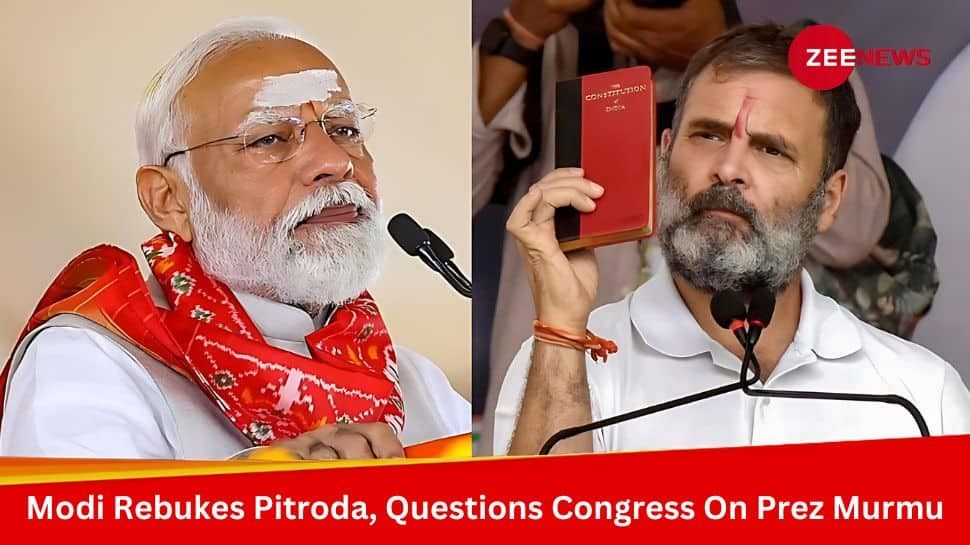Google is reportedly working on a feature that will help to keep Android smartphone users safe from unused apps. As per a report by Chrome Unboxed, the upcoming Google Play Protect update will remove permission granted to apps that have not been used for some time. The feature is already available for Android 11 and later but with the Google Play Protect update, the feature will be available for older Android smartphones as well.
What are app permissions
To perform certain functions, apps seek your permission to access sensitive details. Most of the time these permissions are related to Bluetooth, Contacts, Camera, Microphone and Location. As the apps can’t function properly without having permission, most grant the access to sensitive information just to access the features in the app. A few of the apps are not used that often but they can still tap your sensitive details as you have granted them permission. Currently, Google allows you to change permission of certain apps by going to Settings > Apps & notifications.
According to a report by Statista, around 25% of the apps downloaded by users are used only once. This means that there are several apps on most of our smartphones that may have access to our sensitive information and can be a security risk in the long run. With the Google Play Protect update, the tech giant may keep unused apps at bay from your information.
What is Google Play Protect
For those who do not know, Google Play Protect is a feature on Android devices that protects them from malicious apps and malwares. It runs a safety check on apps from the Google Play Store before you download them. It also warns you about any detected potentially harmful apps found, and removes known harmful apps from your device. The feature is on by default, but you can turn it off. For security, the company recommends that you always keep Google Play Protect on.
!function(f,b,e,v,n,t,s) {if(f.fbq)return;n=f.fbq=function(){n.callMethod? n.callMethod.apply(n,arguments):n.queue.push(arguments)}; if(!f._fbq)f._fbq=n;n.push=n;n.loaded=!0;n.version=’2.0′; n.queue=[];t=b.createElement(e);t.async=!0; t.src=v;s=b.getElementsByTagName(e)[0]; s.parentNode.insertBefore(t,s)}(window, document,’script’, ‘https://connect.facebook.net/en_US/fbevents.js’); fbq(‘init’, ‘593671331875494’); fbq(‘track’, ‘PageView’);







More News
OnePlus Nord CE 4 to launch in India on April 1: Here’s what the smartphone will offer – Times of India
Xiaomi 14 series is now available in India: Sale, pre-booking and more – Times of India
Kiren Rijiju: Why Earth Sciences minister Rijiju is upset with this European IT company | – Times of India